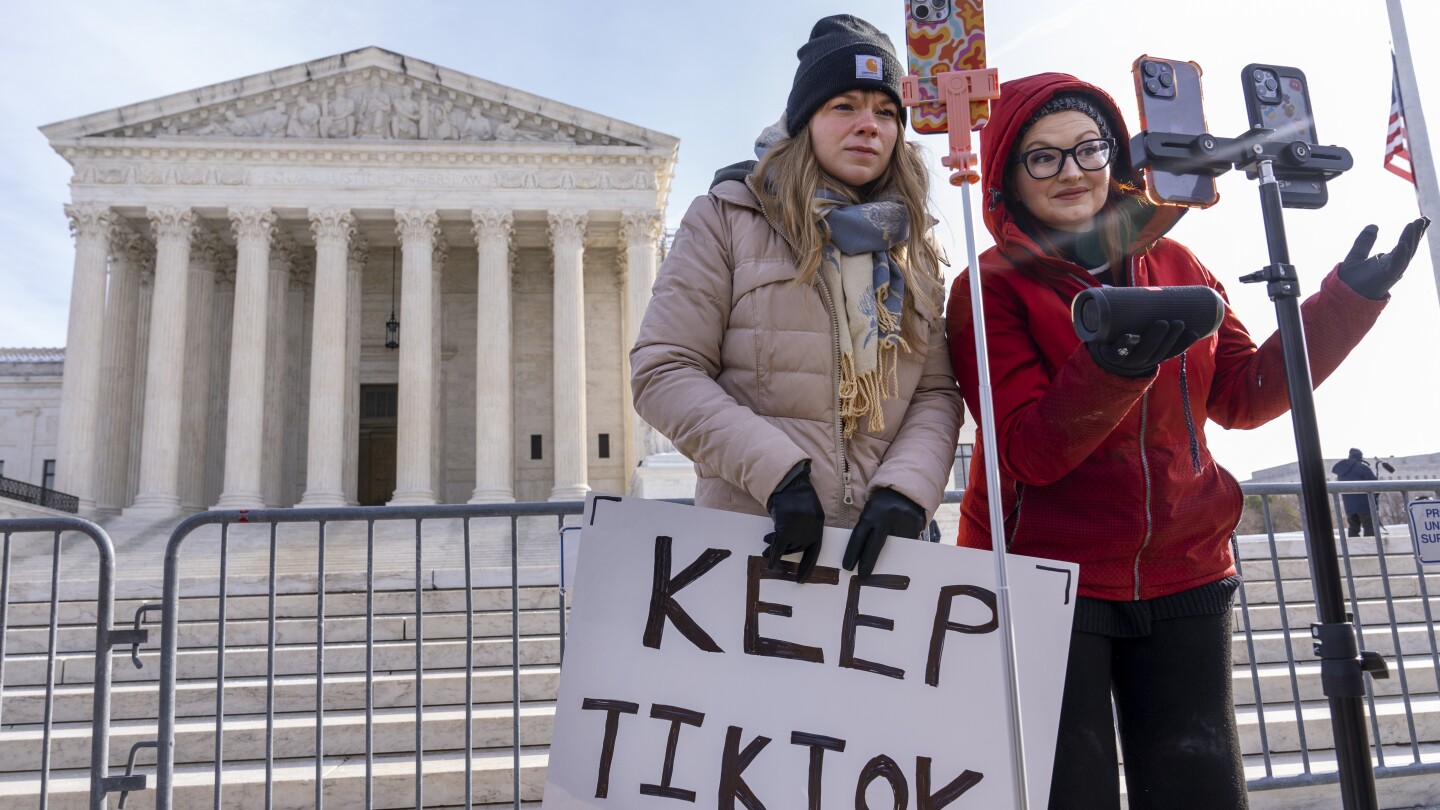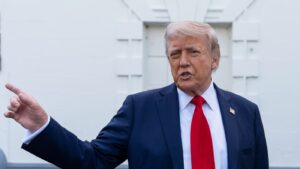In a landmark decision that could reshape social media access for millions of Americans, the Supreme Court has unanimously backed federal legislation requiring Chinese-owned TikTok to be sold or face a nationwide ban. The ruling, which takes effect January 19, marks a critical moment in the ongoing debate over national security concerns and digital privacy in the United States.
What the Supreme Court ruling means for TikTok users
The immediate impact of this decision affects TikTok’s 170 million U.S. users differently. While existing users can keep the app on their devices, new downloads and updates will be blocked starting Sunday. According to Justice Department filings, this restriction will gradually make the platform unusable over time.
ByteDance Ltd., TikTok’s Chinese parent company, faces significant hurdles in completing a potential sale. Their legal team has highlighted particular challenges stemming from Chinese laws that restrict the sale of the app’s proprietary algorithm – the key technology behind its success.
Political dynamics and potential solutions
The situation has created an unusual political alignment, with President-elect Donald Trump, who has 14.7 million TikTok followers, suggesting he could negotiate a resolution. This stands in contrast to Senate Republicans who criticize ByteDance for not securing a buyer before the deadline.
The current law includes provisions for a 90-day pause on restrictions if progress toward a sale is demonstrated. However, Solicitor General Elizabeth Prelogar has indicated uncertainty about whether this provision could be triggered after the law takes effect.
National security concerns driving the ban
U.S. officials have raised multiple security concerns about TikTok’s operations, including:
– The collection of extensive user data that could potentially reach Chinese authorities
– Possible manipulation of the app’s algorithm by Chinese officials
– Risks associated with user viewing habits and sensitive information storage
TikTok has consistently denied these allegations, noting that no evidence has been presented showing Chinese authorities have attempted to manipulate content or access American user data through the platform.
Potential buyers and future prospects
While ByteDance has expressed reluctance to sell, several potential buyers have emerged, including former Treasury Secretary Steven Mnuchin and businessman Frank McCourt. McCourt’s Project Liberty initiative, partnering with “Shark Tank” host Kevin O’Leary, has already presented a proposal to acquire TikTok’s U.S. operations, though financial details remain undisclosed.
The platform, known for its short-form videos that enable users to consume hundreds of clips in roughly 30 minutes, has faced additional scrutiny from state governments. Multiple states have filed lawsuits claiming the app’s design is addictive and harmful to youth mental health, allegations TikTok has dismissed as inaccurate.





